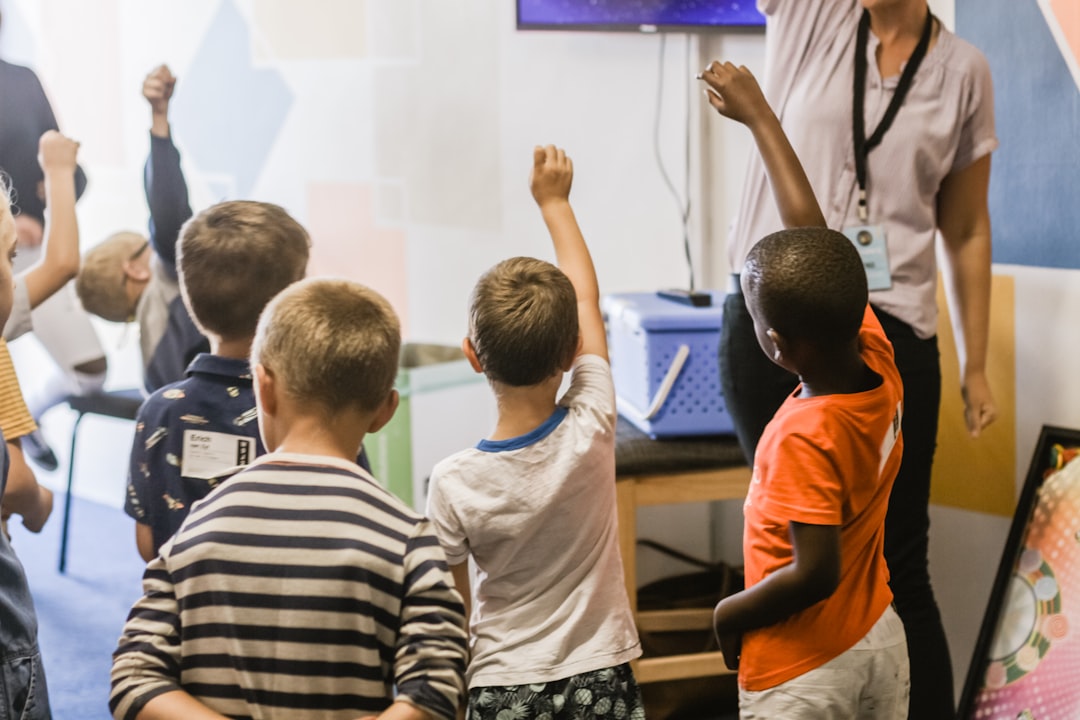What is it about?
This study explores young students’ negotiation of their citizenship identities at the intersection of their class, gender, religious and ethnic identifications in the conflict-affected setting of Pakistan. With a specific focus on their negotiation of issues around diversity and justice, students’ narratives generated important recommendations for a transformative and historically nuanced postcolonial/decolonial approach to global citizenship engagement that should be considered more broadly. The study illuminates the ways the global/local historical, cultural, political and economic factors influence individual relationship with GCE and offers useful pedagogical and policy implications for GCE ‘from below’.
Featured Image

Photo by Hammad A. on Unsplash
Why is it important?
While much of the global literature on global citizenship education (GCE) primarily takes into account the perspectives of middle-class or elite students located in richer economies, the current study is centred on a socio-demographically diverse group of young people in a low-income setting.
Perspectives
This paper helped us challenge stereotypical and homogenised representations of young Pakistanis by illustrating the ways their identifications were produced through their multiple locations in the world.
Naureen Durrani
Nazarbayev University
Read the Original
This page is a summary of: Youth negotiation of citizenship identities in Pakistan: Implications for global citizenship education in conflict-contexts, British Journal of Educational Studies, October 2018, Taylor & Francis,
DOI: 10.1080/00071005.2018.1533099.
You can read the full text:
Contributors
The following have contributed to this page










